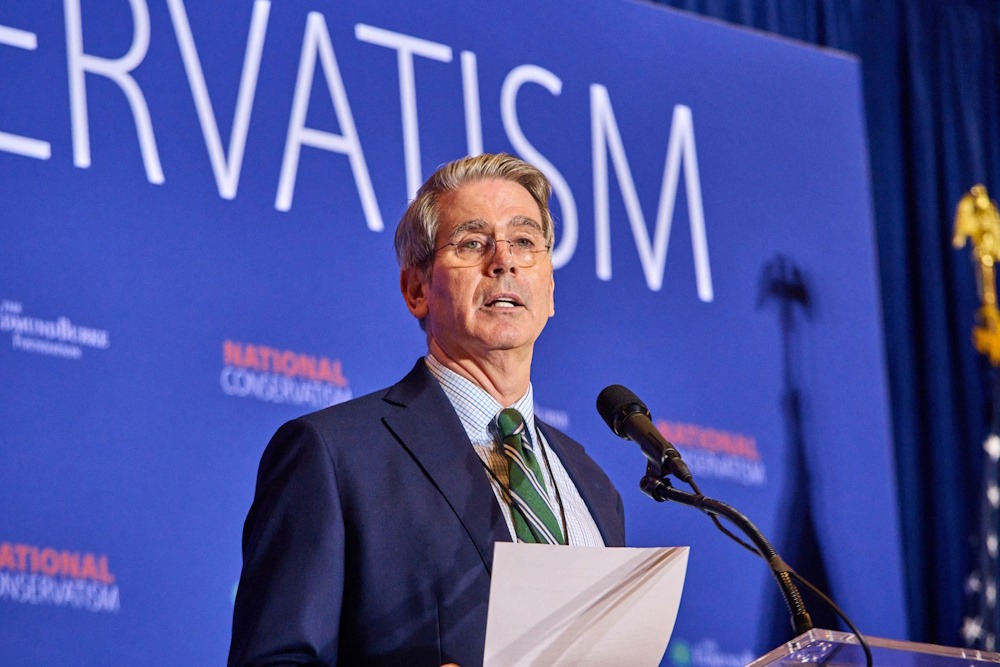
Treasury Secretary Scott Bessent expressed assurance on Sunday regarding the likelihood of President Donald Trump’s tariff plan succeeding at the Supreme Court. However, he cautioned that his agency would need to process substantial refunds if the ruling goes against the plan. He stated that if the tariffs are eliminated, “we would have to issue refunds on approximately half of them, which would be detrimental to the Treasury,” as mentioned in an interview. He mentioned, though, that “if the court decides, we’d have to comply.”
Last week, the Trump administration requested the Supreme Court to provide a swift decision to reverse an appeals court ruling that deemed the majority of his tariffs on imports from foreign nations as unlawful. The Supreme Court may not reach a decision on the legality of Trump’s tariffs until as late as early next summer. Bessent has stated that “postponing a decision until June 2026 might lead to a situation where $750 billion-$1 trillion in tariffs have already been gathered, and reversing them could lead to considerable disruption.” The possibility of the government needing to reimburse tariffs of such scale could result in an extraordinary benefit for the businesses and entities that incurred those costs. The U.S. Court of Appeals for the Federal Circuit determined that Trump exceeded his presidential authority by implementing “reciprocal tariffs” on nearly all countries during his “liberation day” announcement. The appeals court has delayed the implementation of its ruling until Oct. 14, allowing the Trump administration the opportunity to appeal to the Supreme Court.
Trump has asked the Supreme Court to consider his appeal in early November and to provide a conclusive ruling on the legality of the contested tariffs shortly after. Prior to legal proceedings, Trump’s tariffs were projected to impact almost 70% of imports of goods into the United States, as reported. If eliminated, the responsibilities would affect only about 16%. Despite Bessent and others expressing optimism about a favorable ruling from the Supreme Court, the administration is preparing alternative strategies in the event of an unfavorable outcome. National Economic Council Director Kevin Hassett stated on Sunday that the administration has “other legal authorities” it could pursue if Trump’s tariffs face obstruction.
“There are various outcomes that may arise if that scenario unfolds,” Hassett stated. Certain initiatives might involve the application of tariffs via Section 232, or targeted levies for specific sectors. Section 232 of the Trade Expansion Act of 1962 permits the president to impose tariffs “to ensure that such imports do not pose a threat to national security.” In August, the Trump administration broadened its 50% tariffs on steel and aluminum to encompass over 400 more product categories, as reported. Trump has also indicated the possibility of implementing significant tariffs on semiconductors and pharmaceuticals. Other levies that will remain unchanged amid Trump’s court battle are those on affordable items.
The administration has officially removed the “de minimis exemption” for goods valued at $800 or less entering the U.S. On Saturday, an agency of the United Nations, reported a significant decline in postal traffic into the U.S., which dropped by over 80% following the Trump administration’s decision to eliminate the tariff exemption on low-cost imports. Postal operators are now seeking clarity on how to adhere to the new regulations.
